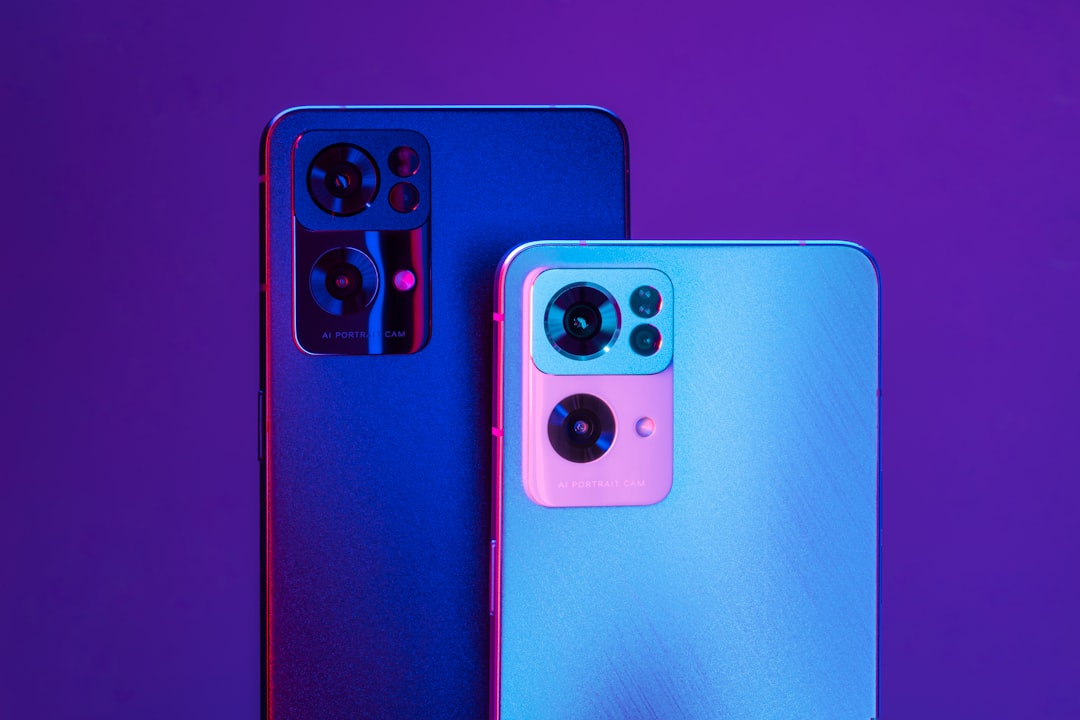Nevada's Do Not Call laws protect residents from unwanted telemarketing with strict regulations. Businesses must consult a lawyer for Do Not Call Laws Nevada to understand and comply, avoiding penalties and lawsuits. Exemptions are available but require formal applications. Legal assistance ensures compliance, guides exemption processes, and protects businesses from legal repercussions.
In Nevada, businesses must navigate complex regulations regarding phone marketing. Understanding and adhering to the state’s Do Not Call laws is crucial to avoid legal implications. While many companies are subject to registration requirements, certain businesses may be exempt. This article explores these exemptions, offering a comprehensive guide for businesses operating in Nevada. Learn about the legal do’s and don’ts, discover who’s exempted, and understand the steps to ensure compliance or face potential consequences. Consult a lawyer specializing in Nevada’s Do Not Call Laws for tailored advice.
Understanding Nevada's Do Not Call Laws

In Nevada, the Do Not Call laws are designed to protect residents from unwanted telemarketing calls and sales pitches. These regulations are part of a broader effort to ensure consumer privacy and provide relief from intrusive marketing practices. Businesses that fall under these restrictions must adhere to strict guidelines to avoid penalties.
If you’re seeking guidance on navigating Nevada’s Do Not Call Laws, consulting a lawyer specializing in this area is advisable. A legal expert can help businesses understand their obligations, ensure compliance, and defend against potential enforcement actions. For those looking to avoid or resolve issues related to these laws, professional assistance from a Nevada-based attorney can be invaluable.
Businesses Exempt from Registration Requirements

Some businesses operating in Nevada may be exempt from the state’s do-not-call laws and registration requirements, thanks to specific legal provisions. These exemptions are designed to encourage certain types of organizations or activities that are deemed beneficial to the public or local economy. For instance, non-profit organizations, religious groups, political campaigns, and businesses with a physical presence in Nevada but operating primarily online may qualify for these exceptions.
If your business falls under one of these categories, it’s essential to understand the eligibility criteria thoroughly. Engaging a lawyer specializing in Nevada’s do-not-call laws can provide valuable guidance on navigating these regulations. They can help ensure that your business operates within legal boundaries and protect you from potential penalties or lawsuits related to unsolicited calls or marketing activities.
Legal Implications for Non-Compliance

Non-compliance with Nevada’s Do Not Call laws can result in significant legal consequences for businesses. If a company makes telemarketing calls to individuals who are registered on the state’s “Do Not Call” list, it faces strict penalties. Fines can amount to up to $10,000 per violation, and businesses may be required to pay damages and attorney fees if consumers file lawsuits alleging harassment or invasion of privacy. Engaging a lawyer specializing in Do Not Call Laws Nevada is crucial for companies aiming to avoid these pitfalls, as legal experts can guide businesses on compliance strategies and represent them in case of disputes or investigations by state authorities.
Such lawyers possess in-depth knowledge of the intricate regulations surrounding telemarketing practices in Nevada. They help organizations stay informed about changing laws and ensure their call campaigns adhere to all necessary guidelines. With their assistance, businesses can protect themselves from costly mistakes and maintain positive relationships with customers who value their privacy and consent regarding marketing efforts.
Navigating Exemption Process: A Step-by-Step Guide

Navigating the exemption process for Nevada’s do-not-call restrictions is a crucial step for businesses aiming to operate within the state’s legal framework. This involves understanding when and how to apply for an exemption, as well as ensuring compliance with the requirements set by the Nevada Attorney General. The first step is to assess if your business qualifies for an exemption based on its nature and size. Many exceptions are available for small businesses, non-profit organizations, or those operating in specific industries.
If eligible, you’ll need to draft and file a formal application with the Nevada Attorney General’s office. This typically includes providing detailed information about your business practices, marketing strategies, and the types of calls made to consumers. A lawyer specializing in Nevada do-not-call laws can guide this process, ensuring your application is complete and accurate. They can also assist in negotiating any potential issues or objections that may arise during the review period.






